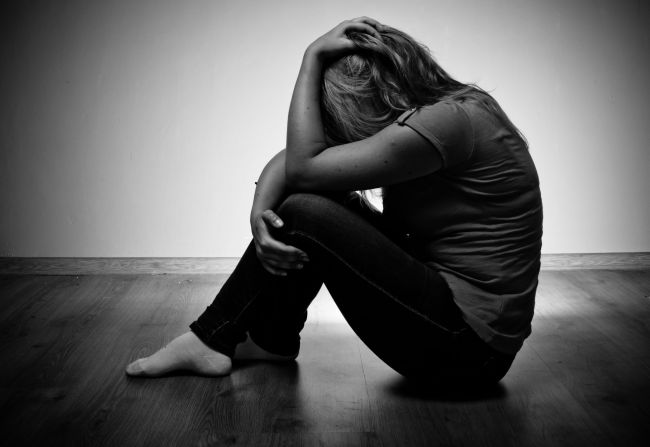Young South Korean women who have a negative body image -- those who feel unsatisfied with their physical appearance and body weight -- are more prone to mental conditions such as depression, a study showed Wednesday.
The study, organized by Gangnam Severance Hospital in Seoul, analyzed government data of a total of 717 young Korean women who belong to the normal weight range -- meaning their body mass index was from 18.5 to 22.9.
Among the participants, 40 percent of them inaccurately perceived themselves as overweight. Also, 67.7 percent said they were on a diet solely to look more “attractive.”
Researchers also found that those who wrongly perceived themselves as overweight are more vulnerable to stress and depression.
The study, organized by Gangnam Severance Hospital in Seoul, analyzed government data of a total of 717 young Korean women who belong to the normal weight range -- meaning their body mass index was from 18.5 to 22.9.
Among the participants, 40 percent of them inaccurately perceived themselves as overweight. Also, 67.7 percent said they were on a diet solely to look more “attractive.”
Researchers also found that those who wrongly perceived themselves as overweight are more vulnerable to stress and depression.

According to the study, such women had a risk of developing depression that was 1.82 times higher than those with a positive body image. They were also 1.65 times more vulnerable to emotional stress than those with healthy self-perception.
“The purpose of this study was to prove that negative body image makes one vulnerable to mental conditions on top of eating disorders,” researchers wrote in the report.
Symptoms of negative body image may include thinking disparagingly about one’s own body and frequent comparison of their own shape and size to other people, especially celebrities.
Last year’s study by Soon Chun Hyang University, which monitored South Korea’s public broadcasters for six months, found that body shaming of plus-size women was prevalent on Korean TV, as well as lookism against individuals who are deemed “ugly.” Also, almost 94 percent of 1,796 Koreans who sought medical help for bulimia from 2008-2013 were women.
“Body shaming and lookism in the media are so normalized in Korea that a lot of people don’t even realize that it’s a problem,” said professor Shim Mi-seon from Soon Chun Hyang University’s mass communication department. “I think it’s necessary to approach lookism as a human rights issue. People shouldn’t be bullied or shamed because of the way they look.”
Similar discussion has been taking place in other countries. Kathy Kater, a psychotherapist who treats body image and weight disorders in the U.S., says that it’s important for women to be media savvy. “Advertisers spend tons of money on strategies specifically designed to make you feel there is something wrong with you,” she wrote in her 2006 essay titled “Promotion of Healthy Weight: Helping without Harming,” which is available online.
“If they first advertise an unrealistic standard of beauty, that leaves you feel deficient by comparison, a product that promises to improve your condition is an easy sale. Don’t be ‘sold’ this bill of goods.”
By Claire Lee (dyc@heraldcorp.com)
“The purpose of this study was to prove that negative body image makes one vulnerable to mental conditions on top of eating disorders,” researchers wrote in the report.
Symptoms of negative body image may include thinking disparagingly about one’s own body and frequent comparison of their own shape and size to other people, especially celebrities.
Last year’s study by Soon Chun Hyang University, which monitored South Korea’s public broadcasters for six months, found that body shaming of plus-size women was prevalent on Korean TV, as well as lookism against individuals who are deemed “ugly.” Also, almost 94 percent of 1,796 Koreans who sought medical help for bulimia from 2008-2013 were women.
“Body shaming and lookism in the media are so normalized in Korea that a lot of people don’t even realize that it’s a problem,” said professor Shim Mi-seon from Soon Chun Hyang University’s mass communication department. “I think it’s necessary to approach lookism as a human rights issue. People shouldn’t be bullied or shamed because of the way they look.”
Similar discussion has been taking place in other countries. Kathy Kater, a psychotherapist who treats body image and weight disorders in the U.S., says that it’s important for women to be media savvy. “Advertisers spend tons of money on strategies specifically designed to make you feel there is something wrong with you,” she wrote in her 2006 essay titled “Promotion of Healthy Weight: Helping without Harming,” which is available online.
“If they first advertise an unrealistic standard of beauty, that leaves you feel deficient by comparison, a product that promises to improve your condition is an easy sale. Don’t be ‘sold’ this bill of goods.”
By Claire Lee (dyc@heraldcorp.com)


















